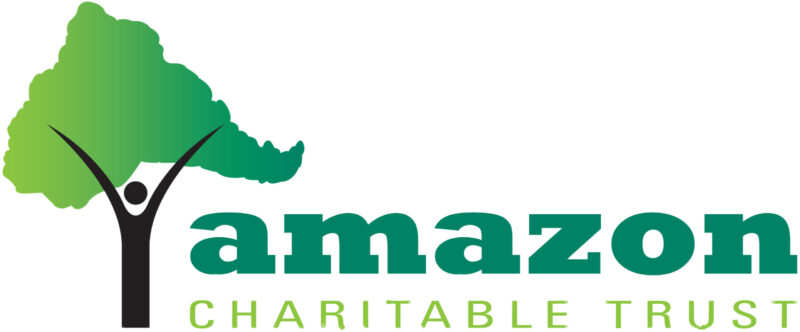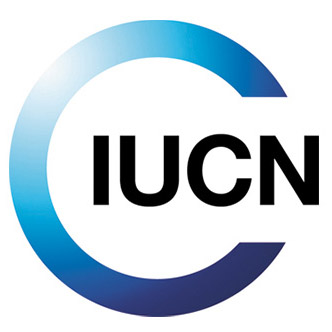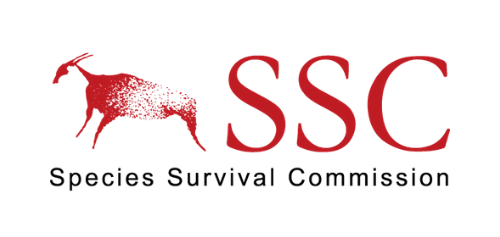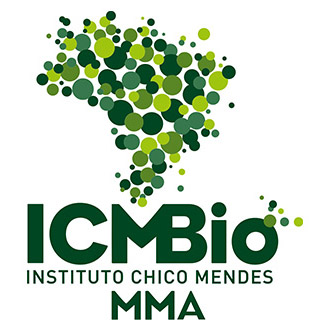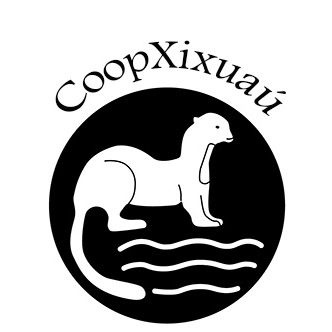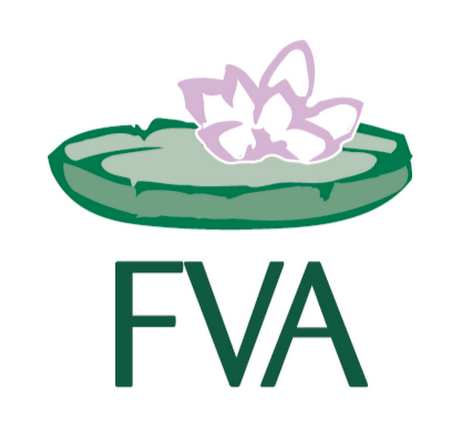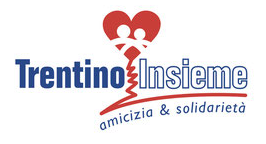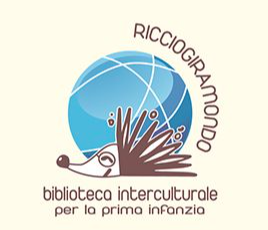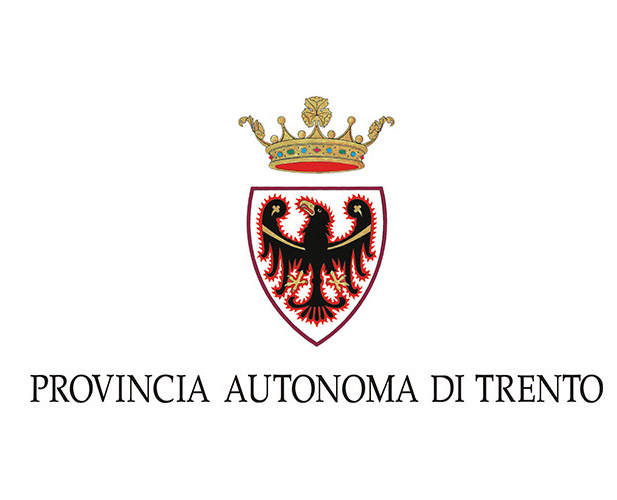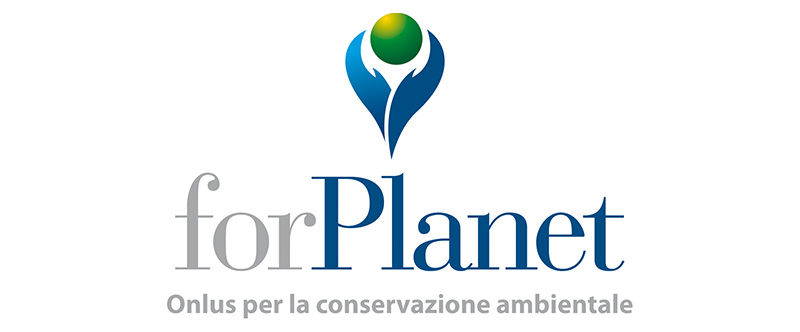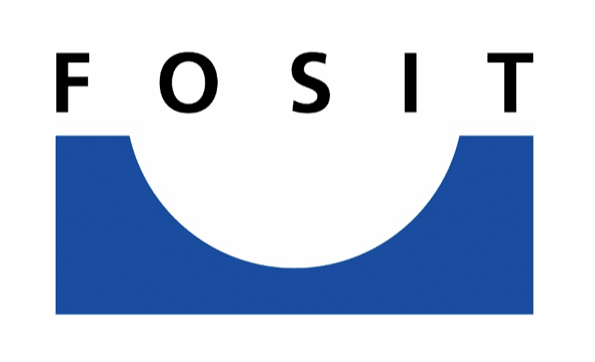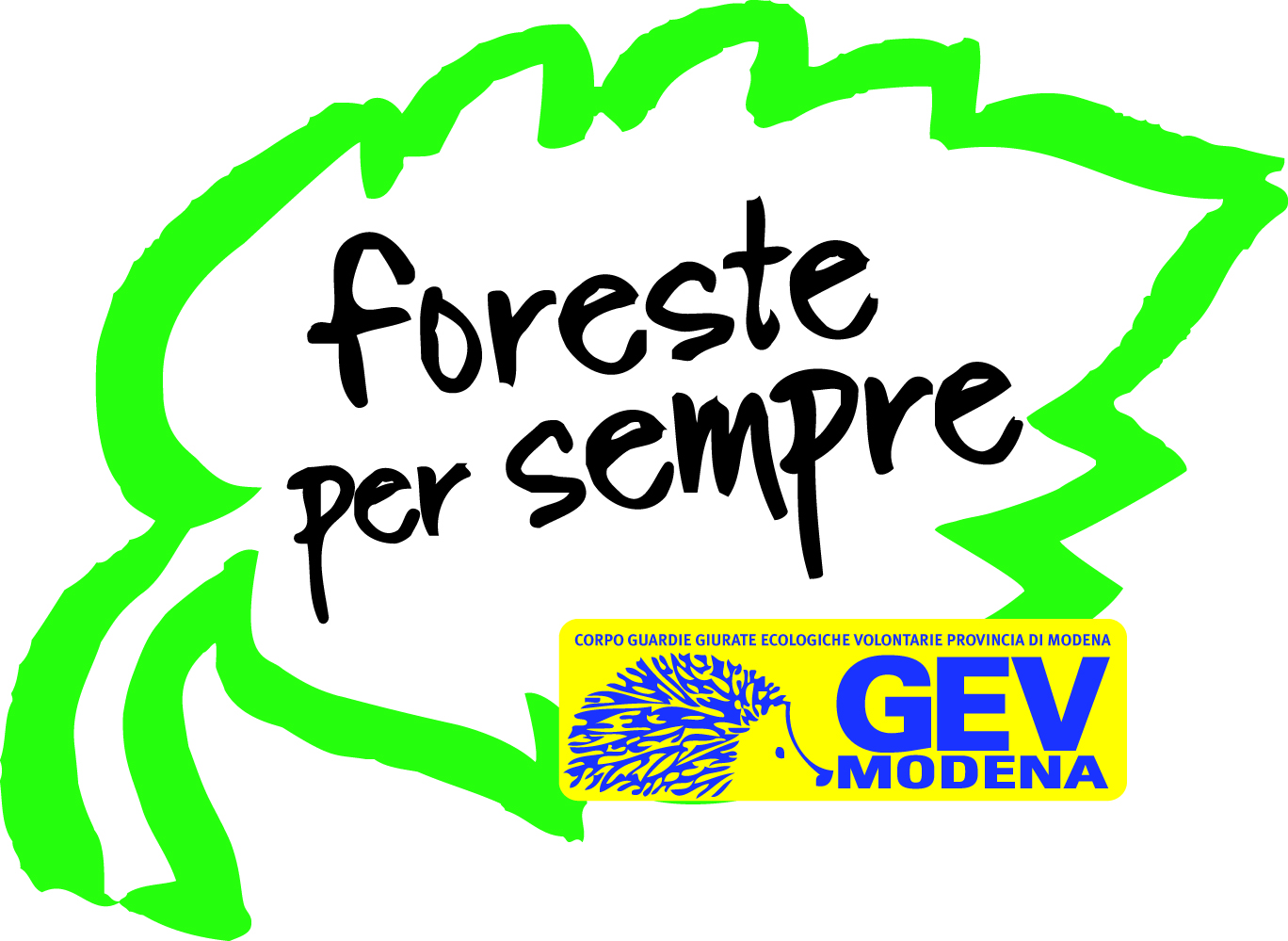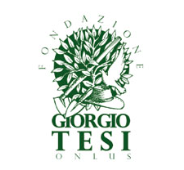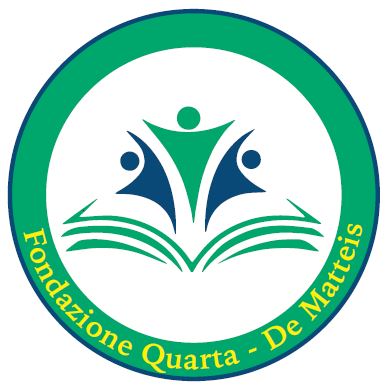WHO WE ARE
Amazônia is a non-profit organization that has been involved for 20 years in the protection of the Amazon rainforest, a biome endangered by multiple threats of local and global origin.
Amazônia was born in Italy but it works, grows and creates alliances in Brazil, in the heart of the forest, with the native populations who live there.
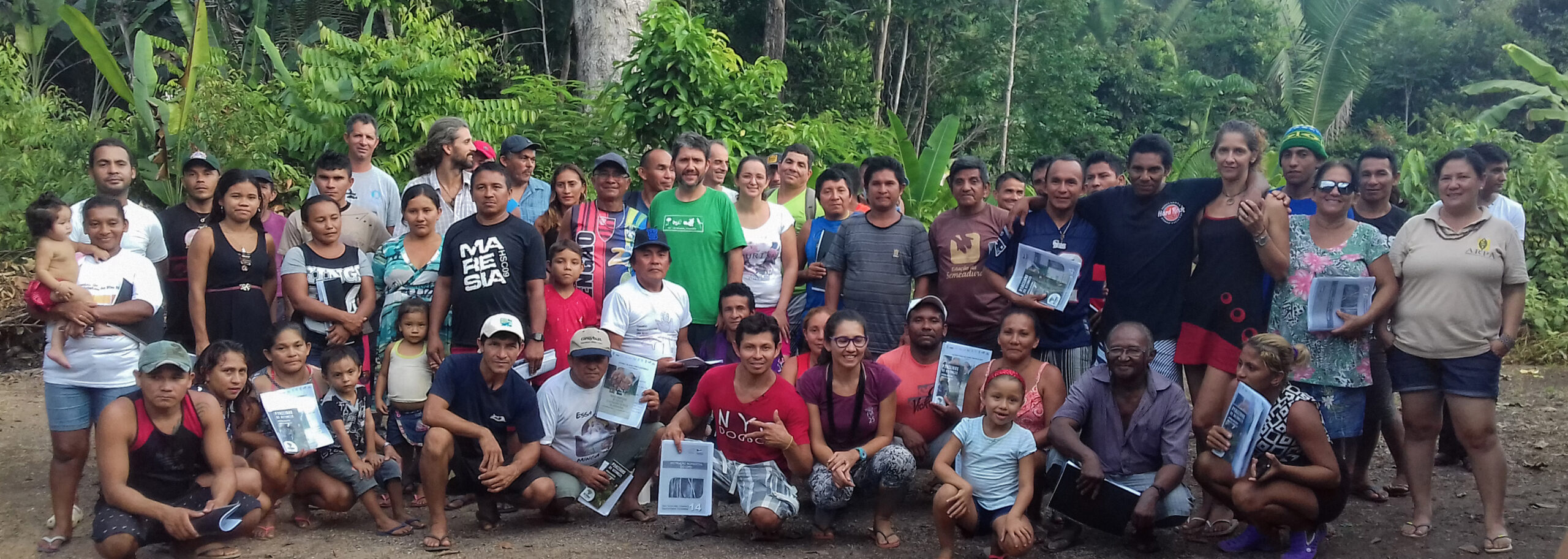
HOW WE WORK
From experience, we know that the protection of the Amazon requires collective actions, which go beyond the traditional mandate of environmental conservation.
a new vision of the forest
no longer as an obstacle to economic development but a heritage of biodiversity.

investments in alternative economic strategies
for sustainable development based on the wealth of the forest.
global participation
actions taken in the Amazon must be accompanied by changes in non-Amazonian countries and regions.
This is why our work is multisectoral and develops around different axes:
We operate according to a socio-environmental conservation model that actively involves forest peoples in the search for innovative solutions, combines traditional knowledge with science and technology and promotes sustainable development.
Our work aims to protect the ecosystem, its animal and plant biodiversity together with the culture, traditions and lifestyles of its peoples.
THROUGHOUT THE YEARS
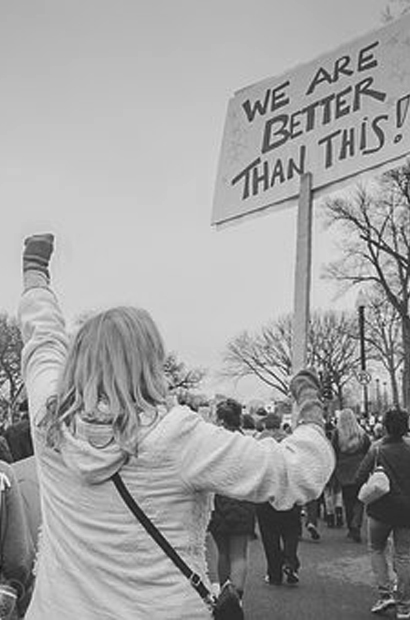
1999
Amazônia has its origins at the end of the last century. In those years, the world saw the birth of the first movements against globalization and the exploitation of environmental resources, as well as the publication of the Kyoto Protocol. There was talk of environmentalism and ecology but the perception of the connection between distant habitats was not yet widespread among the public. Unaware that something new was going on, people with different backgrounds, experiences, and nationalities headed for the same place in the world.
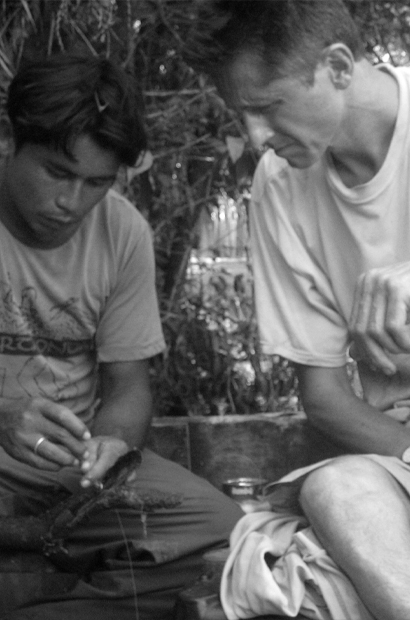
2000
It was in the heart of the Amazon rainforest that an encounter that changed the lives of many people took place - in the small village of Xixuaú, nestled in a lush, intact primary forest, but not immune to degradation and threats of deforestation. Europeans and natives here understand that they share a common goal and establish a pact of trust that will allow them to protect their forest. Forever.
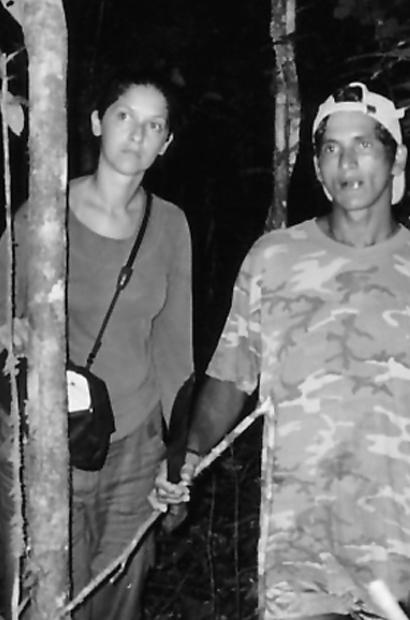
2004
The birth of Amazônia is the direct result of the encounter with the peoples of the forest. After years of scientific research in the Amazon, Emanuela Evangelista founds the organization together with a small group of experts, connoisseurs, and passionate defenders of both the forest and its peoples.
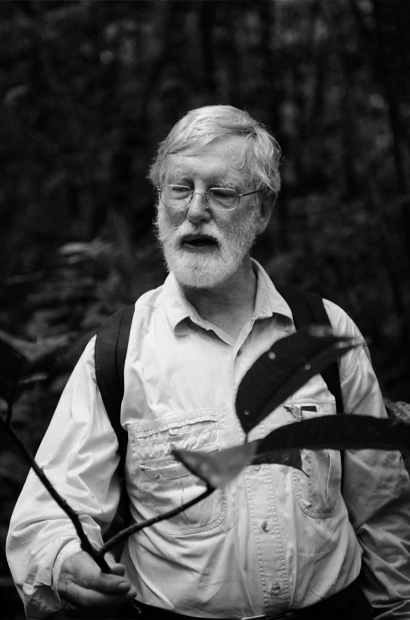
2007
Amazônia grows and builds networks and alliances, meeting new partners in Italy, Brazil and England, including big names in conservation such as Ghillean Prance, John Hemming, Bianca Jagger and Tessa Gelisio. At the same time, it continues to support the peoples of the forest with concrete actions, training, health, income, and support in the struggle for the creation of a large protected area.
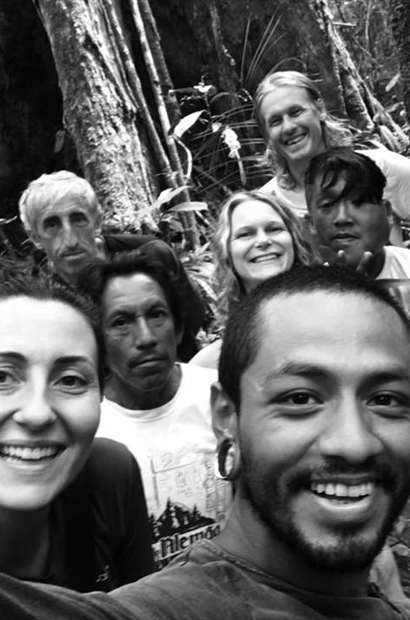
2009
The first visit of a local inhabitant to Europe brings the voice of the peoples of the forest while receiving media attention and the “Bosco for Kyoto” prize at the Capitol in Rome. In Brazil, Amazônia stimulates the birth of Coop Xixuaú, a local cooperative intended to generate income from low environmental impact activities. We also support the construction of the Xixuaú Amazon Ecolodge, focusing on community ecotourism for sustainable development.
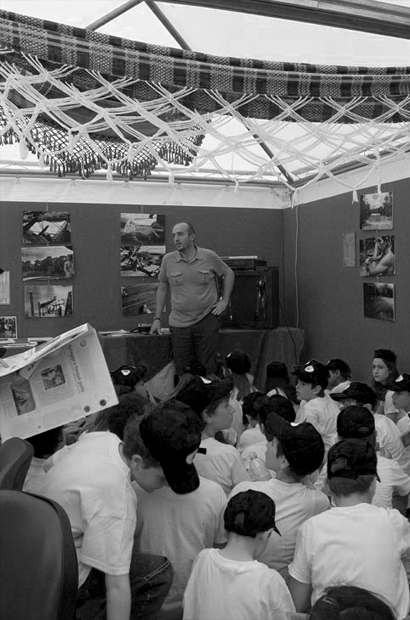
2010
Amazônia's work receives the recognition of the Italian Legambiente as its president is appointed Environmentalist of the year. The importance of forests for the planet's climate balance is still a little-known fact to the public but we work hard to bring attention to the topic through various events, such as photography exhibitions, concerts, conferences, and workshops in schools.
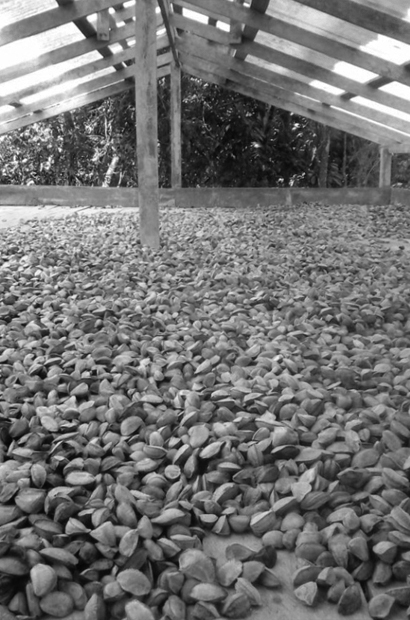
2011
The Maryba project is launched in collaboration with Italian Trentino Insieme Association and with the support of the Autonomous Province of Trento. This project will bring the peoples of the forest numerous opportunities for sustainable development and exchange: food supply chains, crafts, scientific research, South-South collaborations with African nations, vocational training, and environmental education.
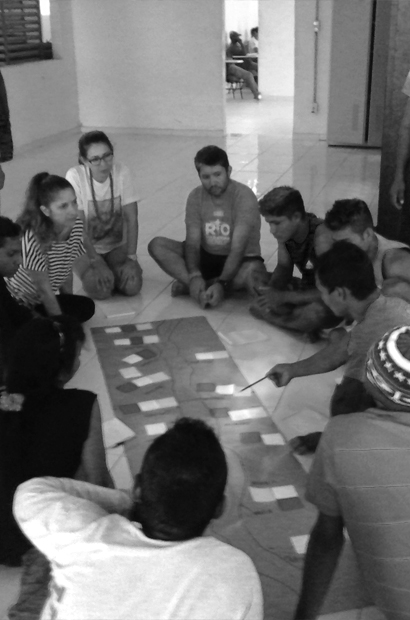
2014
Once again, the natives bring their voice to Europe to claim the defense of their forest.
Starting from the small village of Xixuaú, Amazônia's interventions reach 4 river basins, 5 million hectares of forest and come to benefit traditional communities and indigenous Yanomami groups. CoopXixuaú grows, acquiring river transportation, satellite connections. Its model attracts other neighboring communities.
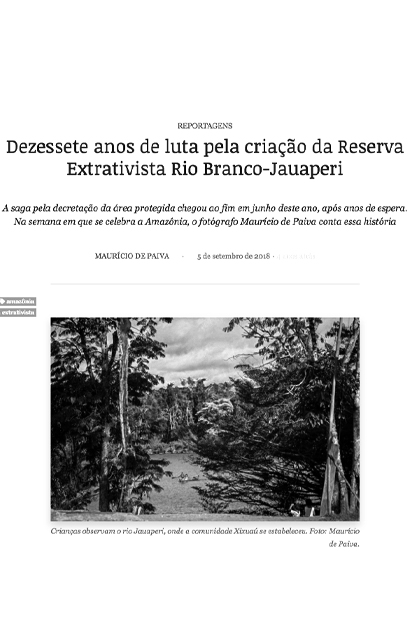
2018
Finally, after 17 years of struggle - the involvement of 14 native communities and almost 2000 local inhabitants, petitions, promising institutional meetings and numerous disappointments, the region obtains the definitive status of a protected area. The Lower Rio Branco-Jauaperi Extractive Reserve is born: 600 thousand hectares of primary forest, torn from deforestation and protected on a long term.
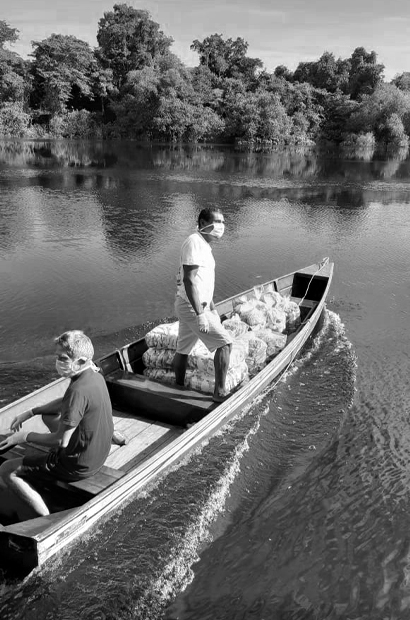
2020
Amazônia's work is recognized by the President of the Italian Republic, who bestows on the founder Emanuela Evangelista the high honor of Officer of the Order of Merit. The Covid-19 emergency severely hits the populations of the forest and Amazônia acts promptly to inform and supply the villages with food and basic supplies, helping to save many lives.
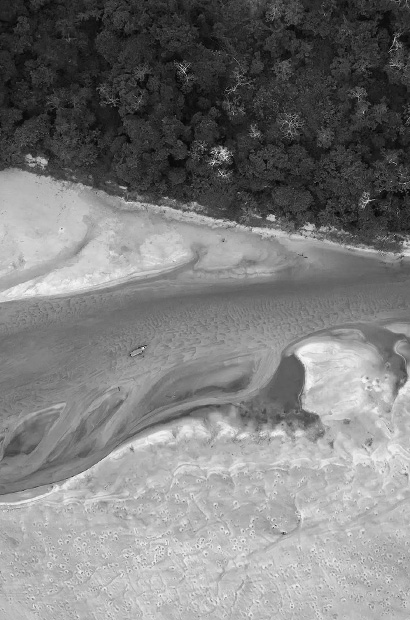
2023
The climate crisis is devastating the forest communities: two years of unusual flooding followed by two years of extreme drought have triggered an environmental, humanitarian, and health crisis, making it even more urgent to protect the forest and, where necessary, reforest it. "Together we plant the future" is born to create an ecological corridor in a region with high deforestation rates.
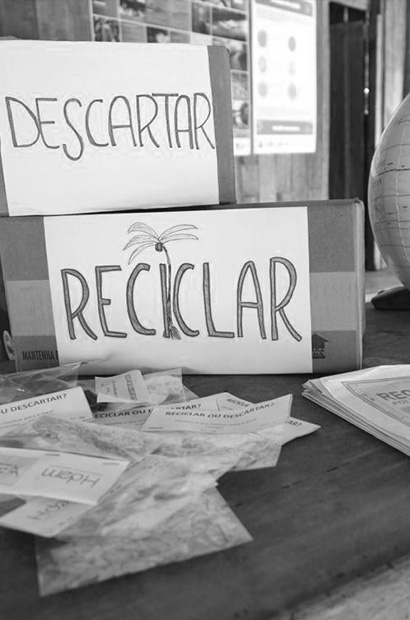
2024
Raising awareness is part of our mission because only global participation can save the forest. Conferences, interviews, meetings with international audiences, and even a book! "Amazonia. A Life in the Heart of the Forest", written by Emanuela Evangelista and published by Laterza, wins the prestigious Campiello Natura Prize. In the Jauaperi Reserve, Amazônia is committed to environmental education and rebuilding schools that have been damaged by recent floods.

1999
1999
Amazônia has its origins at the end of the last century. In those years, the world saw the birth of the first movements against globalization and the exploitation of environmental resources, as well as the publication of the Kyoto Protocol. There was talk of environmentalism and ecology but the perception of the connection between distant habitats was not yet widespread among the public. Unaware that something new was going on, people with different backgrounds, experiences, and nationalities headed for the same place in the world.

2000
2000
It was in the heart of the Amazon rainforest that an encounter that changed the lives of many people took place - in the small village of Xixuaú, nestled in a lush, intact primary forest, but not immune to degradation and threats of deforestation. Europeans and natives here understand that they share a common goal and establish a pact of trust that will allow them to protect their forest. Forever.

2004
2004
The birth of Amazônia is the direct result of the encounter with the peoples of the forest. After years of scientific research in the Amazon, Emanuela Evangelista founds the organization together with a small group of experts, connoisseurs, and passionate defenders of both the forest and its peoples.

2007
2007
Amazônia grows and builds networks and alliances, meeting new partners in Italy, Brazil and England, including big names in conservation such as Ghillean Prance, John Hemming, Bianca Jagger and Tessa Gelisio. At the same time, it continues to support the peoples of the forest with concrete actions, training, health, income, and support in the struggle for the creation of a large protected area.

2009
2009
The first visit of a local inhabitant to Europe brings the voice of the peoples of the forest while receiving media attention and the “Bosco for Kyoto” prize at the Capitol in Rome. In Brazil, Amazônia stimulates the birth of Coop Xixuaú, a local cooperative intended to generate income from low environmental impact activities. We also support the construction of the Xixuaú Amazon Ecolodge, focusing on community ecotourism for sustainable development.

2010
2010
Amazônia's work receives the recognition of the Italian Legambiente as its president is appointed Environmentalist of the year. The importance of forests for the planet's climate balance is still a little-known fact to the public but we work hard to bring attention to the topic through various events, such as photography exhibitions, concerts, conferences, and workshops in schools.

2011
2011
The Maryba project is launched in collaboration with Italian Trentino Insieme Association and with the support of the Autonomous Province of Trento. This project will bring the peoples of the forest numerous opportunities for sustainable development and exchange: food supply chains, crafts, scientific research, South-South collaborations with African nations, vocational training, and environmental education.

2014
2014
Once again, the natives bring their voice to Europe to claim the defense of their forest.
Starting from the small village of Xixuaú, Amazônia's interventions reach 4 river basins, 5 million hectares of forest and come to benefit traditional communities and indigenous Yanomami groups. CoopXixuaú grows, acquiring river transportation, satellite connections. Its model attracts other neighboring communities.

2018
2018
Finally, after 17 years of struggle - the involvement of 14 native communities and almost 2000 local inhabitants, petitions, promising institutional meetings and numerous disappointments, the region obtains the definitive status of a protected area. The Lower Rio Branco-Jauaperi Extractive Reserve is born: 600 thousand hectares of primary forest, torn from deforestation and protected on a long term.

2020
2020
Amazônia's work is recognized by the President of the Italian Republic, who bestows on the founder Emanuela Evangelista the high honor of Officer of the Order of Merit. The Covid-19 emergency severely hits the populations of the forest and Amazônia acts promptly to inform and supply the villages with food and basic supplies, helping to save many lives.

2023
2023
The climate crisis is devastating the forest communities: two years of unusual flooding followed by two years of extreme drought have triggered an environmental, humanitarian, and health crisis, making it even more urgent to protect the forest and, where necessary, reforest it. "Together we plant the future" is born to create an ecological corridor in a region with high deforestation rates.

2024
2024
Raising awareness is part of our mission because only global participation can save the forest. Conferences, interviews, meetings with international audiences, and even a book! "Amazonia. A Life in the Heart of the Forest", written by Emanuela Evangelista and published by Laterza, wins the prestigious Campiello Natura Prize. In the Jauaperi Reserve, Amazônia is committed to environmental education and rebuilding schools that have been damaged by recent floods.
awards
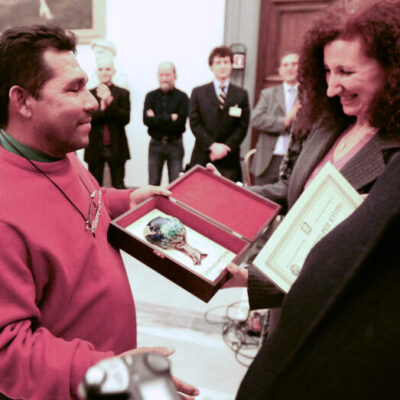
2009
Amazônia's work receives the Un Bosco per Kyoto award, delivered by the Kronos Academy in the Capitol in Rome.
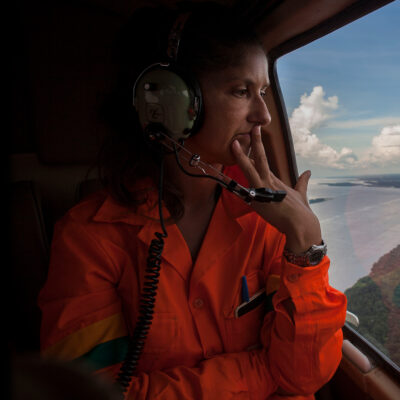
2009
Emanuela Evangelista, president of Amazônia is honored by Legambiente as Environmentalist of the year.
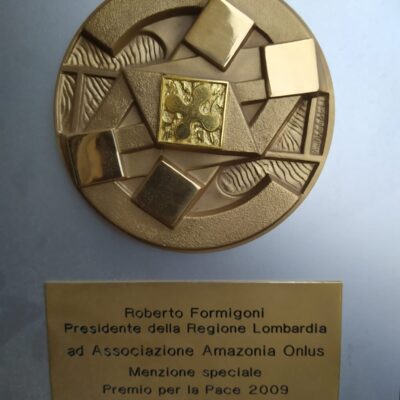
2010
Amazônia receives a special mention at the Peace Prize, established by the Lombardy Region.
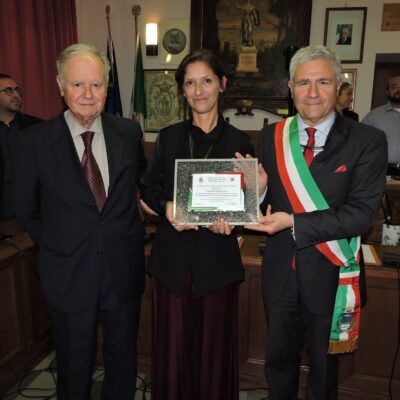
2020
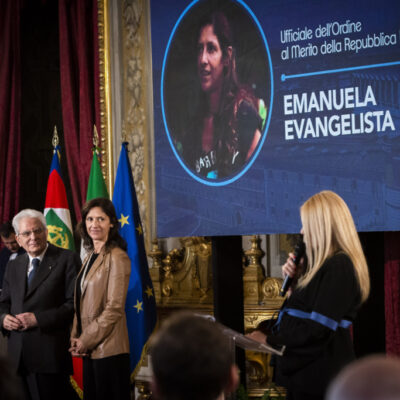
2020
In 2020 Emanuela Evangelista is appointed the position of Officer of the Order of Merit of the Italian Republic by the President of the Republic, Sergio Mattarella.
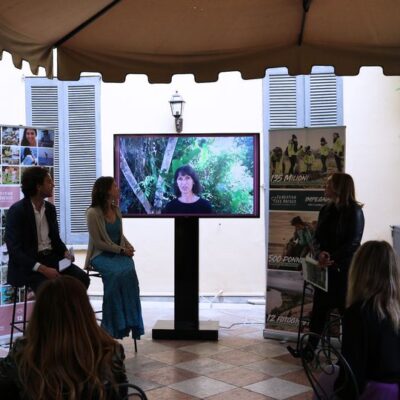
2022
In 2022 our work is awarded the third position in the Italian edition of the Terre de Femmes Award, promoted by the Yves Rocher Foundation.
